As published in

Jamaica is poised for a new chapter of growth, building on disciplined financial management and an economy primed for investment. A 2024 report by the International Monetary Fund concluded that the country’s economic environment was characterised by “sustained growth, declining debt, low inflation and a strengthened external position,” achieved off the back of the government’s ambitious reform agenda and strengthened fiscal frameworks. Successes highlighted by Prime Minister Andrew Holness include: nine consecutive budgets without new taxes, a significant reduction in the national debt and record levels of employment. In a speech at the Jamaica Stock Exchange (JSE), Holness reaffirmed his vision for the nation and his determination to go further. “My administration remains committed to building on our successes, creating an environment where businesses can thrive, investments can flourish, and all Jamaicans can benefit from economic progress.”
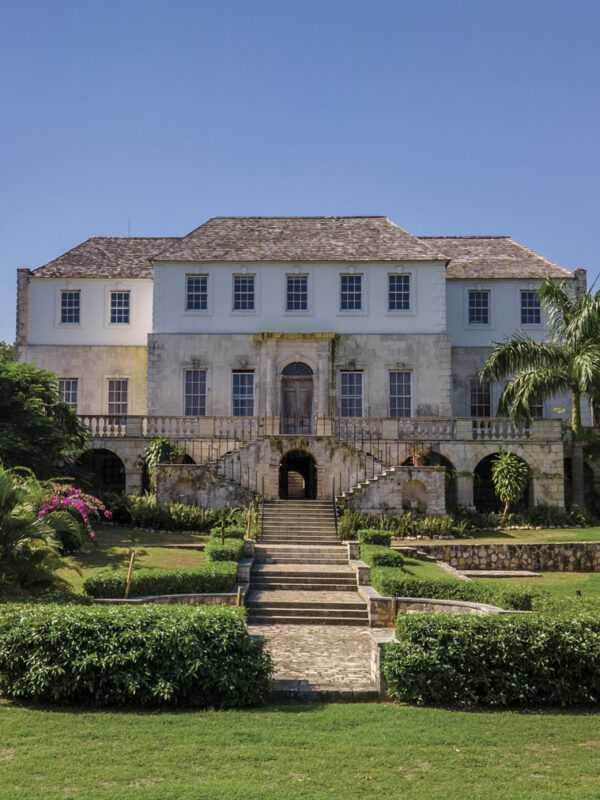
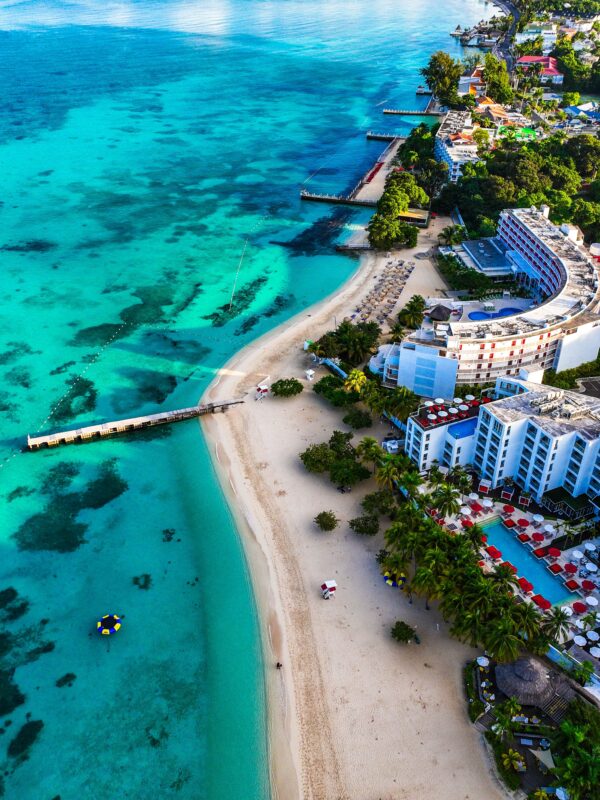
Jamaica’s transformation is rooted in prudent financial governance. Debt-to-GDP has been cut to its lowest level in thirty years and is on track to reach 68% – a figure not seen since the 1970s – while inflation has been more than halved since 2022. As a result, business confidence is at its highest since 2019, providing further support for the government’s plans to accelerate economic expansion. “I have tasked the Finance Ministry and its agencies with identifying ways to foster business growth and empower the population,” said Minister of Finance and Public Service Fayval Williams. The ongoing efforts to improve the regulatory environment form part of the administration’s vision to further enhance Jamaica’s attractiveness for business and investment. Taxation reform has seen the system updated in recent years to offer clear incentives for inward investment, while implementation of digital technologies is improving efficiency in key areas. “We are committed to further simplifying tax structures and streamlining processes to reduce compliance burdens and foster growth,” said Holness.
At the heart of the economy, tourism remains a crucial sector and driver of employment. Visitor arrivals hit a record high in 2024, reaching 4.3 million. Early Jamaica Tourist Board data for 2025 has airline seats tracking up 12.9% compared to the same period last year. Beyond conventional resorts, integrated hotel-casino projects and niche segments such as eco-tourism are in the spotlight, reflecting the government’s push for diversity. Port Royal and Port Antonio, known for cultural heritage and scenic beauty, are earmarked for cruise tourism upgrades.
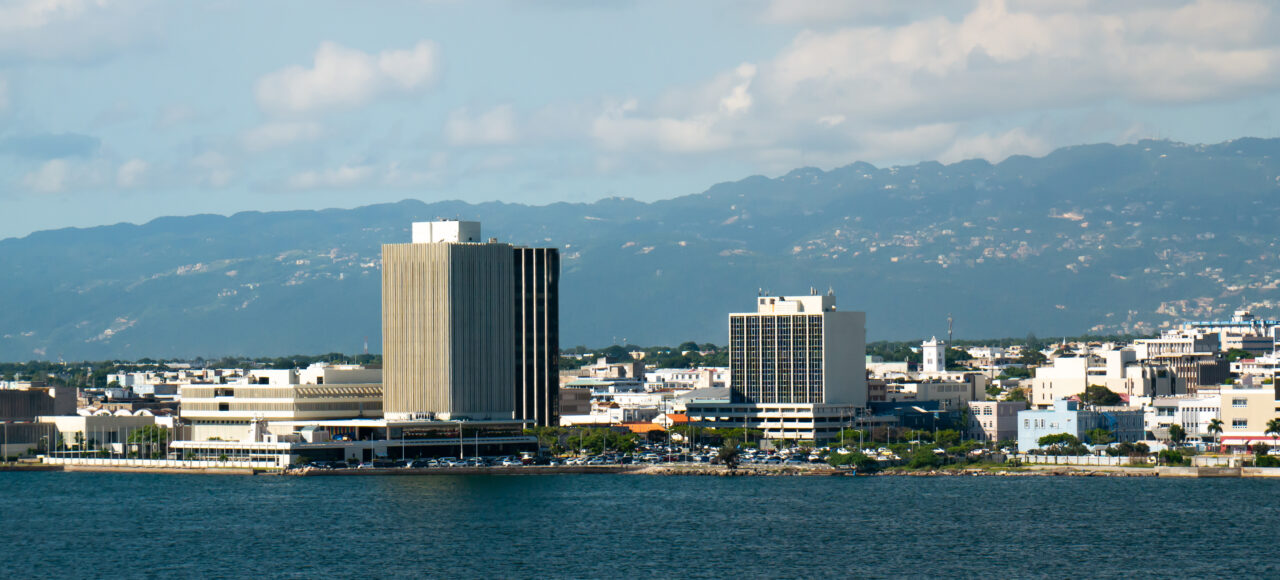
One factor driving these gains in the tourism sector is the success of new partnerships with key airlines such as Emirates, a collaboration that is emblematic of the deepening ties between Jamaica and the UAE. A double taxation agreement, in effect since 2022, is already easing cross-border transactions, while significant potential exists for collaboration across sectors including logistics, real estate and renewable energy. “When I look at the UAE’s history, I see a country that has taken its God-given resources and channelled them into healthcare, education and the development of multiple sectors for its population,” said Williams. “I would love to gain insights from their approach.”
Major infrastructure initiatives form another key plank of the administration’s strategy. New logistics zones, digital connectivity projects and expanded transport facilities are in progress, while special economic zones have been established, offering companies tax incentives and streamlined customs procedures. By upgrading aviation and maritime links, Jamaica aims to become a pivotal trade node between the Caribbean and the Americas.
Urban development is another priority. Kingston’s waterfront renewal and the construction of modern government complexes present a wealth of investment opportunities. These plans complement broader efforts to create new urban centres, following the model of the Morant Bay development, where 25 acres of previously abandoned factory lands are being transformed into what Holness calls “the first purpose-built town in Jamaica.

Despite its economic successes to date and the island’s buoyant outlook, Jamaica’s government remains focused on the ultimate goal of harnessing economic growth for the benefit of all Jamaicans. “When we improve the ease, speed, and cost of doing business, efficiency gains allow businesses to lower prices for customers,” Holness said in his speech at the JSE. “Improving the ease, cost and speed of doing business is not just about fostering investment but about transforming lives.
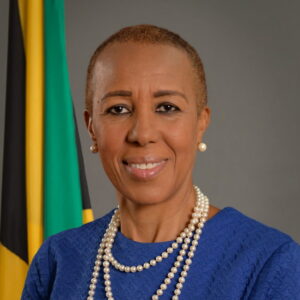
A chartered financial analyst (CFA) by profession, Fayval Williams was returned for a second term as an MP at the last general election. Here she talks about her vision for Jamaica’s economy.
Q: What is your economic vision for Jamaica?
Any vision for Jamaica must focus on elevating the population and positioning the country in the top tier of middle-income nations while striving for the next level. This requires robust growth that benefits all sectors, not just a select few. Our goal remains to reach a 60% debt-to-GDP ratio in the next few years.
Q: How can you balance fiscal prudence with innovation and growth?
The next phase, as the Prime Minister has emphasised, is focused on growth. Fiscal discipline cannot be compromised, but at the same time, we must drive the economic growth needed to make our position more resilient. The initiatives we have put in place to foster business growth and empower the population signal to the world our seriousness about responsibility and resilience.
Q: What sectors will appeal to investors from the UAE?
Real estate development in Jamaica presents strong investment opportunities. Policy changes, including reductions in transaction-related taxes, have increased activity in the market. The stock exchange now includes real estate-focused companies, such as real estate investment trusts (REITs), which are a relatively new feature of the market.
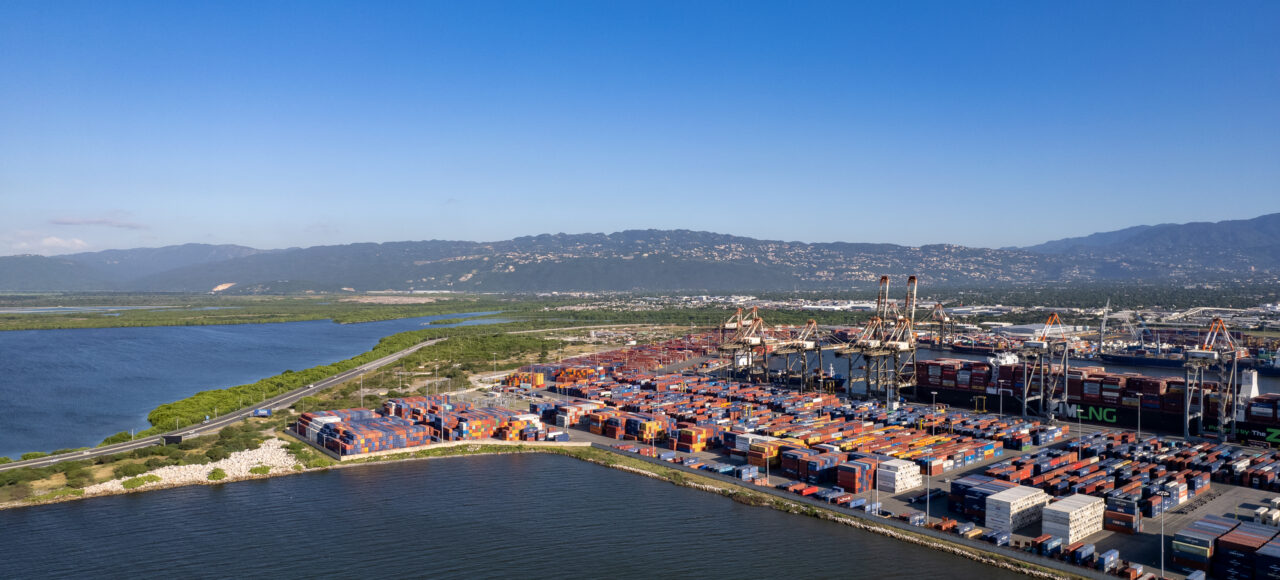

Kamina Johnson Smith is Jamaica’s first female minister of foreign affairs and foreign trade. Here, she offers her insights on Jamaica’s growing international reputation and on its investment opportunities.
Q: How are you driving Jamaica’s presence on the global stage?
Our approach is firmly rooted in a commitment to peace, security, stability, democracy and respect for the sovereignty of other nations. We ensure strong representation within the WTO to advance the perspectives of small island developing states like Jamaica, pushing for a development-oriented multilateral trading system.
Q: What makes Jamaica a good prospect for investors from the UAE?
Jamaica sees itself as a bridge between the Gulf region and the Caribbean. We encourage UAE investors to consider Jamaica, recognising our stability, predictability and strategic proximity to North, Central, and South American markets. We also benefit from favourable trade agreements with the United States, Canada, the EU and United Kingdom.
Q: Which sectors are best placed to attract inward investment?
Waste-to-energy projects, desalination initiatives for water and hydrostorage are key areas of focus, as are small modular reactors (SMRs) as we consider a move toward nuclear energy. Agriprocessing also offers tremendous opportunities due to the richness of our soil.